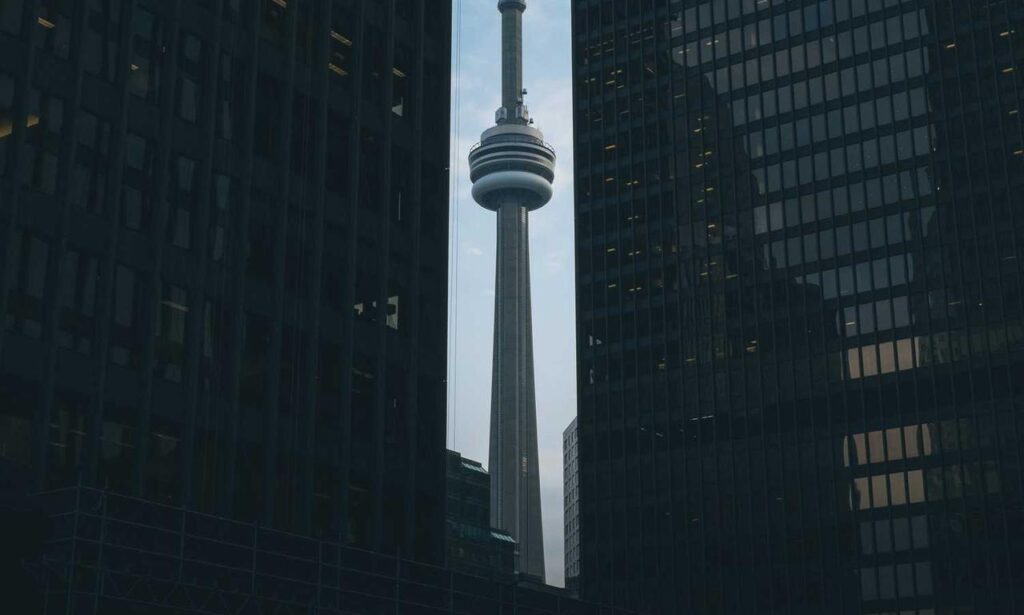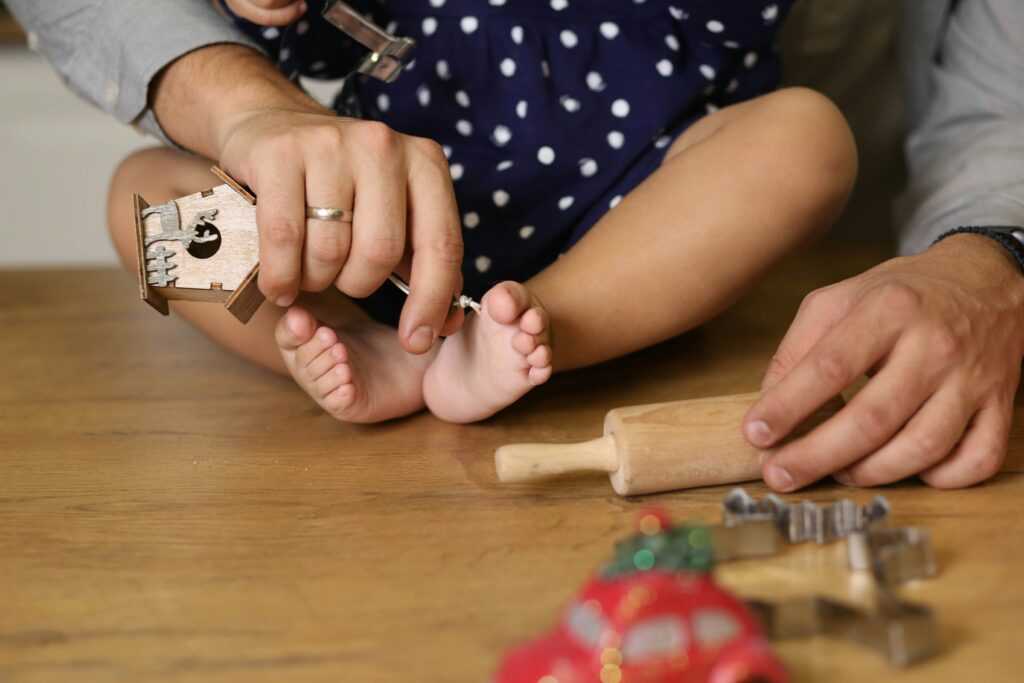What Is 4014538383?
The number 4014538383 is tied to Providence, Rhode Island. That may or may not give you a clue depending on your location or who you know. Some have reported this number as legitimate—others aren’t so sure. The only thing that’s clear: it’s made enough appearances to deserve some attention.
A quick lookup shows mixed feedback. Caller ID databases and user reports mark it as everything from a healthcare provider to a potential robocall. That lack of clarity is exactly why you should be cautious when any unfamiliar number shows up.
Why These Calls Keep Happening
Robocalls have exploded in recent years. They’re cheap to run and hard to trace. Numbers like 4014538383 could be spoofed—meaning the scammer is masking their real number with a legitimate one. This tactic makes their call look official, increasing the chances you’ll answer.
Another possibility? It’s a real organization using automation to reach out faster. For example, doctors’ offices, pharmacies, surveys, and even delivery companies rely on robocalling software. The problem? These tools aren’t always smart about timing or context. So you get vague or contextless calls—and nobody has time for that.
Spotting Legitimate Calls From Spam
Here’s a quick rule of thumb: if there’s no voicemail and you don’t recognize the number (like 4014538383), it’s okay to let it go to voicemail. If it’s important, they’ll leave a message. If the message is urgent or includes personal info, don’t return the call immediately—verify it first.
Look up the number on trusted platforms. Websites like: Whitepages WhoCallsMe 800Notes
… provide usergenerated reports on numbers. Don’t trust the first review you see—scan for patterns. If multiple people claim it’s a delivery reminder or a hospital call, it might be safe. If you see reports calling it aggressive or shady, block it.
Steps to Take If You Picked Up
If you answered a call from 4014538383 and it seemed off, here’s what to do next:
Don’t reveal any personal info. Don’t confirm your name, account numbers, or location—even if the caller sounds strangely convincing. Hang up immediately if it gets suspicious. Use your carrier’s callblocking tools or thirdparty apps like Hiya or Truecaller to prevent future interruptions. Report the number to the FCC or your country’s telecom regulator. It won’t solve the problem instantly, but it contributes to biggerpicture tracking.
Blocking and Managing Unknown Numbers
Here’s how to take control:
iPhone
Go to your recent calls, tap the “i” next to the number. Scroll down and hit “Block this Caller.”
Android
Tap the recent call log. Tap and hold the number, then choose “Block/report spam.”
Both platforms now offer “Silence Unknown Callers” settings. Enable it—it routes firsttime calls to voicemail automatically. If it’s a real contact or service, they’ll leave a clear message.
When the Caller Is Actually Legit
We don’t want to scare you away from important calls. Sometimes numbers like 4014538383 are used for reminders, bill collections (legitimate ones), insurance companies, or prescription refills.
The key is validation. If the caller claims they’re from a known service, thank them and hang up. Then, reach out using contact info on official documents or websites. Don’t use the number they called from unless you’re 100% sure.
Managing It LongTerm
Spam and unknown calls aren’t going anywhere. The best longterm defense is layered:
- Use realtime call filtering apps.
- Register yourself on the “Do Not Call” registry—but don’t expect miracles.
- Never engage with spammy calls—even pressing “1 to opt out” confirms to scammers that your number is active.
Final Thoughts
A number like 4014538383 might look harmless, but don’t trust it automatically. If you can’t link it to a known contact or service, treat it carefully. Check the number, block it if needed, and remember: you’re not obligated to answer every call you get.
Phones are tools, not shackles. Keep control over who reaches you.



